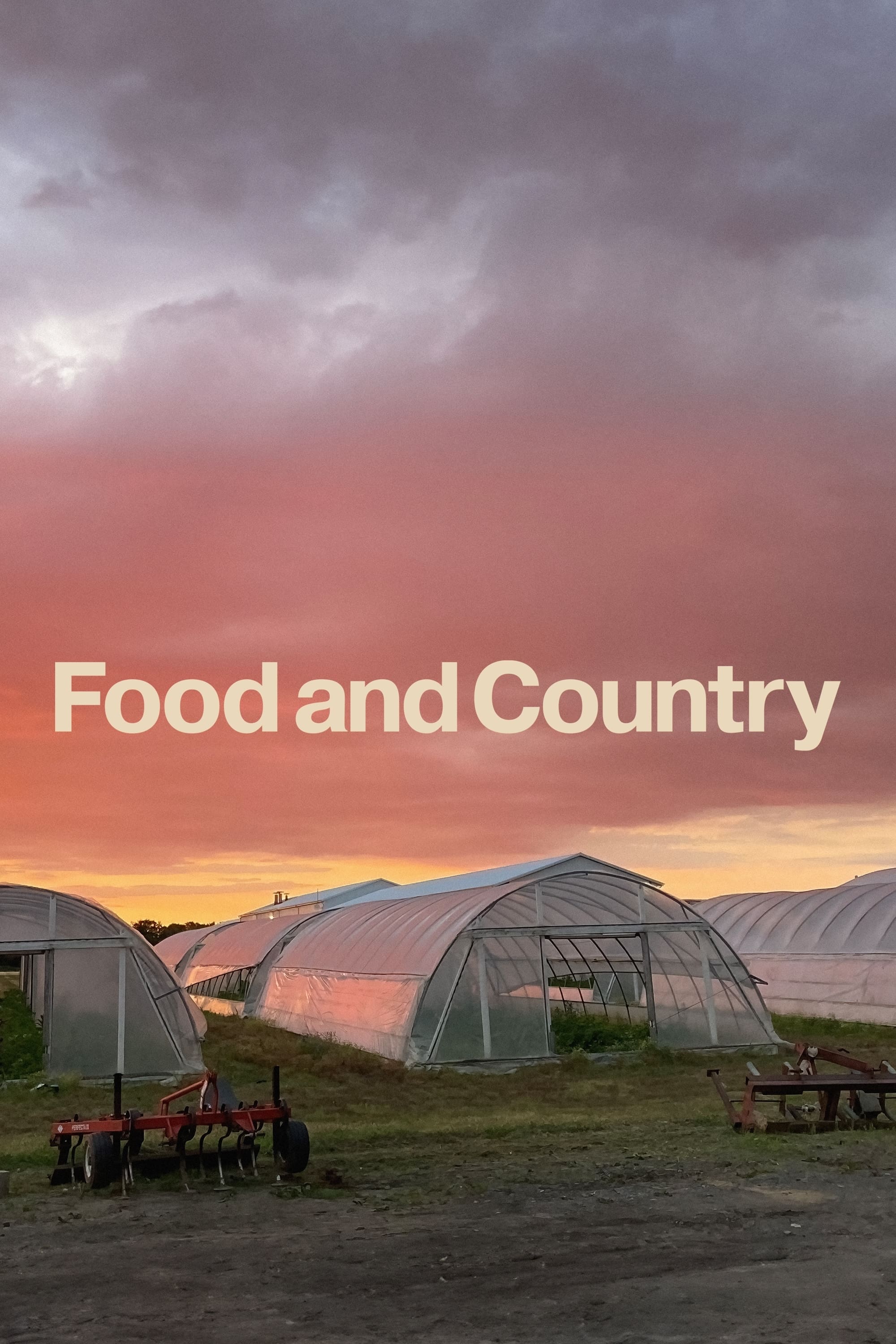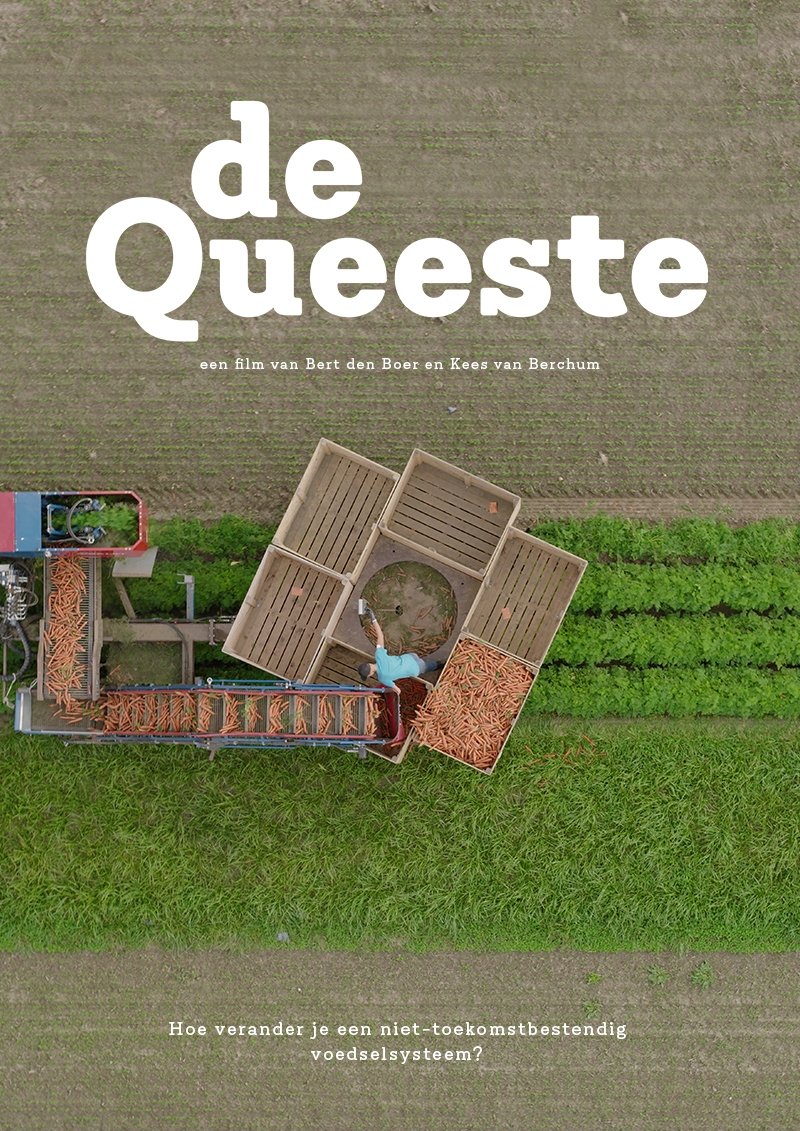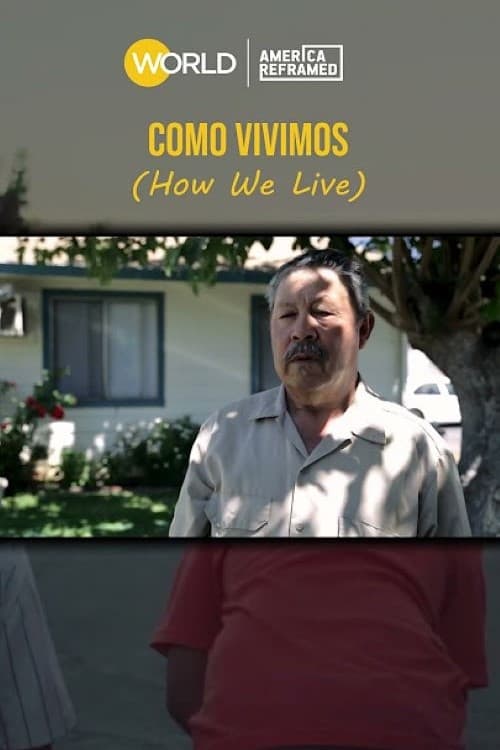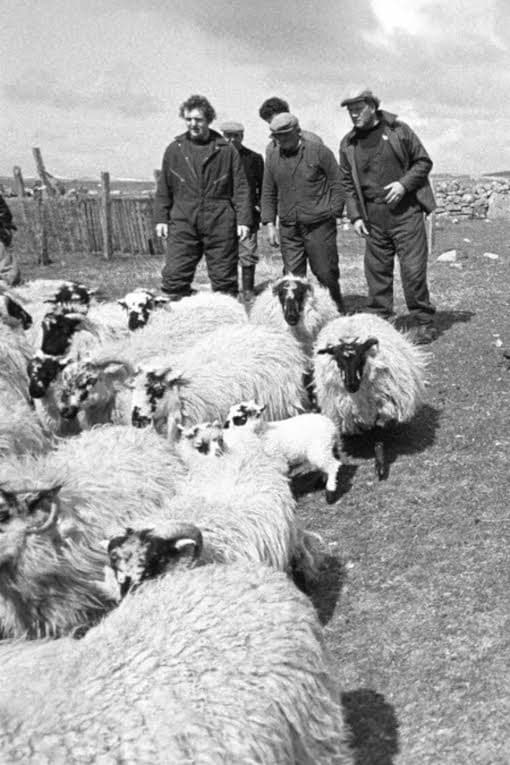
The Farmer's Wife
1998
6h 30m
0.0(0 votes)
Documentary
TV Movie
Overview
A landmark portrait of three tumultuous years in the life of a Nebraska farm couple, chronicling three years of their struggle to save their farm and their marriage.
Videos & Trailers
3 videos







